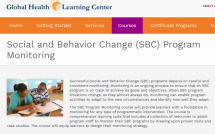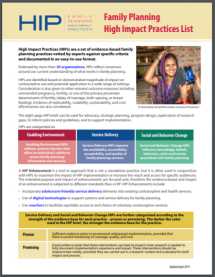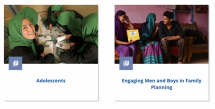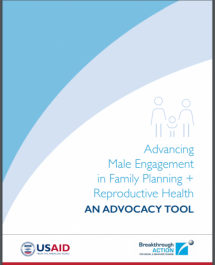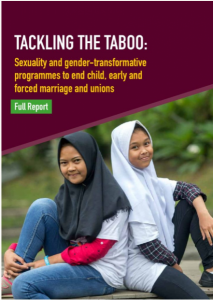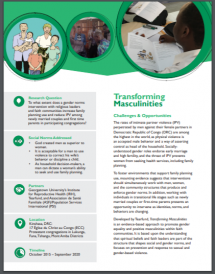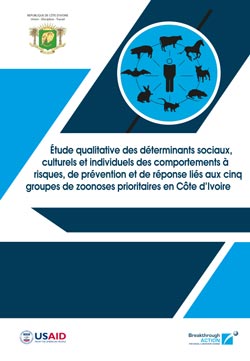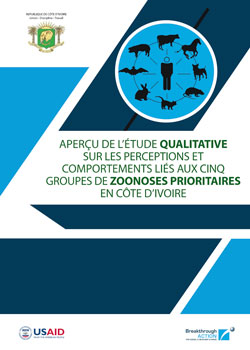List of High Impact Practices in Family Planning
High Impact Practices (HIPs) are a set of evidence-based family planning practices vetted by experts against specific criteria and documented in an easy-to-use format.
Endorsed by more than 30 organizations, HIPs reflect consensus around our current understanding of what works in family planning. HIPs are identified based on demonstrated magnitude of impact on contraceptive use and potential application in a wide range of settings. Consideration is also given to other relevant outcome measures including unintended pregnancy, fertility, or one of the primary proximate determinants of fertility (delay of marriage, birth spacing, or breast feeding). Evidence of replicability, scalability, sustainability, and cost-effectiveness are also considered.
This seminal brief provides a list of all the HIPs identified by the Technical Advisory Group (TAG). The Technical Advisory Group (TAG) is made up of experts in family planning research, program implementation, policy makers and representatives from donor agencies. The TAG meets twice a year to review evidence and make recommendations on updating and implementing HIPs.
Last modified: August 30, 2019
Language: English, French, Portuguese, Spanish

